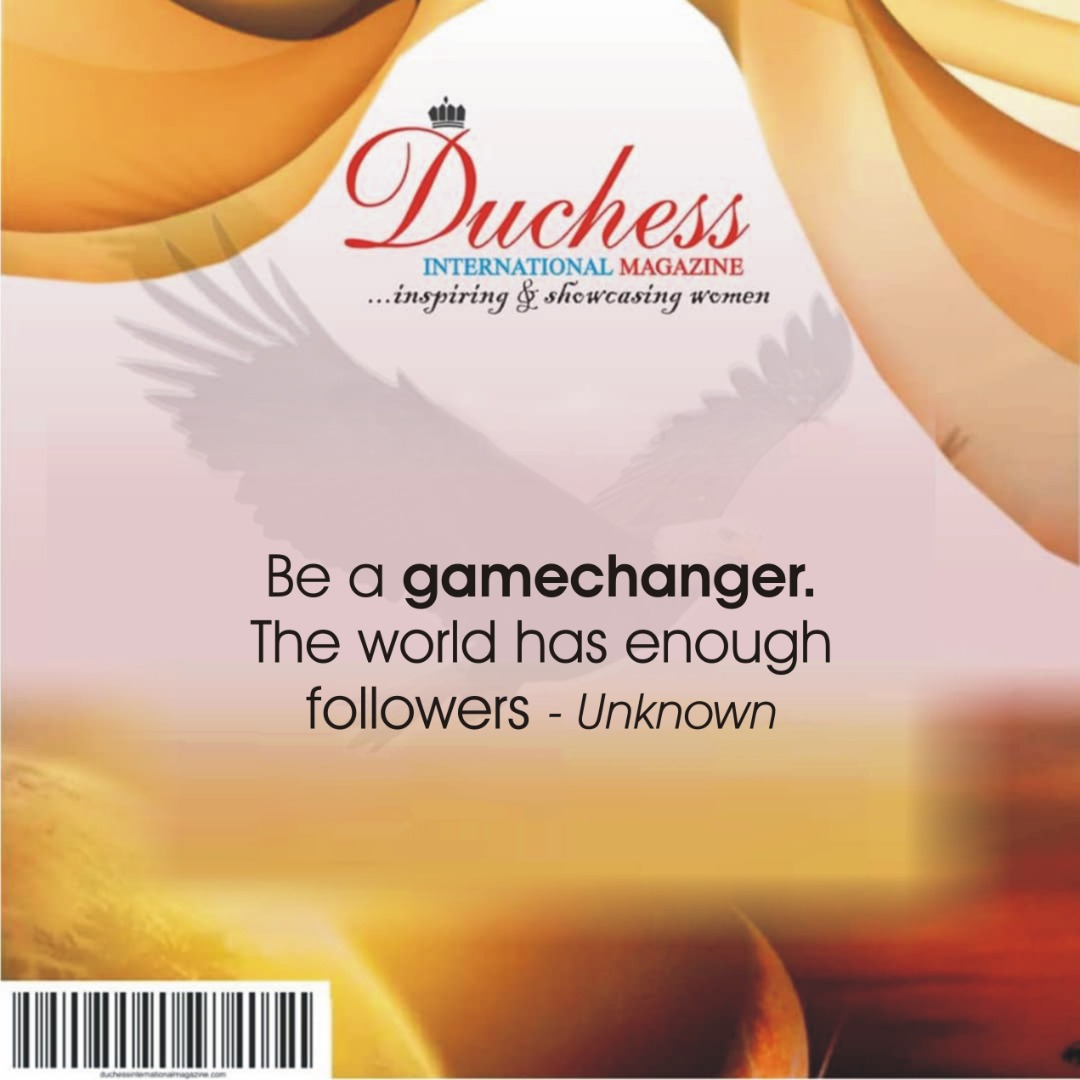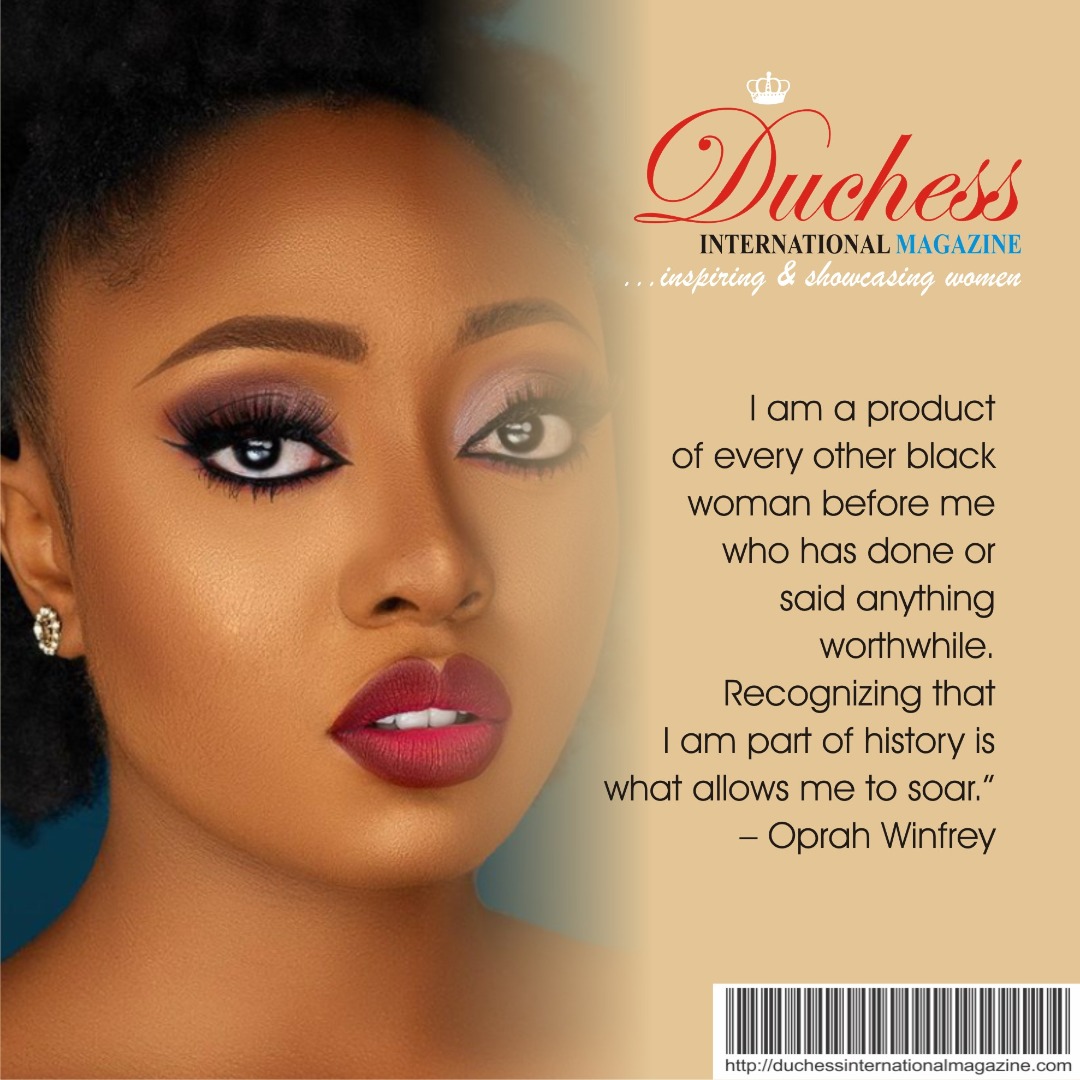Journalism is notorious for its lack of diversity, and recent figures have shown that progress on increasing the number of black and minority ethnic journalists continues to be far too slow. At the same time, women are still under-represented in senior positions, and the Guardian’s recent and ongoing series The Web We Want highlighted some of the abuse facing black contributors and women contributors. Here, four young, black female journalists – all recipients of the Guardian’s Scott Trust bursary – discuss what it’s like to be starting their careers in this environment.
Charlie Brinkhurst-Cuff: Have any of you got particular experiences of online abuse that spring to mind?
[silence]
CBC: So, you’ve all had only positive experiences?
Isabel Togoh: So far. I don’t know if that’s because I’m not yet writing regularly.
Aletha Adu: I think it might be to do with the articles we write. At the moment I am not writing anything that is directly race-related or that tackles any racial issues, so I do not think people will find a need to racially abuse me. But when you [directed to Brinkhurst-Cuff] write articles for the Guardian that tackle racial issues, you get people that are like, “Ugh, shut up!” or who feel as though they’re tired of hearing our thoughts and feelings. That’s definitely a shame.
CBC: Yeah. I mean, I’ve had all sorts of things written at the bottom of my articles and articles I’ve edited by black women. Recently on gal-dem, a magazine written by women of colour that I help to edit, I’ve seen some horrifically racist things. Personally I’ve been racially abused, undermined, told I’m stupid and ignorant. But, weirdly, because my name – Charlie Brinkhurst-Cuff – sounds like a posh white man’s name, sometimes they attack me by saying, “Who does this posh guy think he is, commenting on the working-class struggle?” It’s just my parents’ surnames put together – chill! And I’m a woman!
Emmanuella Kwenortey: Racist or anti-feminist comments are nearly always underneath articles that discuss these subjects. It’s one of the reasons I work forSkin Deep magazine: it’s a place where race and culture can be discussed at length without asinine attacks. It’s no secret that hate comments stop prospective journalists of colour from talking about issues they really care about. But when we do, there’s a fear that we’ll be labelled as the journalist-who-only-talks-about-race – a sort of one-trick pony. But we can discuss the topic through a non-white lens, and it’s one of the ways we stand out.
CBC: We’ve been doing a series on skin-lightening on gal-dem and that provoked some very angry reactions.
AA: Yeah, I saw this one in the comments section on gal-dem. They talked about monkeys and apes, and said: “Then go buy fucking African products to make your skin darker … Go back to Africa and build your grass fucking hut and shut the fuck up about the civilised, white, western world.”
EK: Here’s another. The commenter said: “No amount of skin-whitener can fix Naomi Mbonga’s [referring to Naomi Campbell] face. I recommend an axe.”
CBC: Does it not scare you that there are people who think like this walking around?
EK: It doesn’t scare or surprise me.
CBC: Really?
EK: It doesn’t scare me because I don’t feel isolated. I live in London, it’s incredibly ethnically diverse. At the same time, growing up in the capital did lull me into a false understanding of the UK’s ethnic make-up. Going to university outside the city helped me realise, again, that the UK is predominantly white and London anomalous in regards to ethnic plurality.
IT: Whenever I read Mail Online, I’ll make a point to click on a Lupita Nyong’o or Beyoncé article just to see what the commenters are saying. You see a racist comment, and it will have 122 likes, and three dislikes. I can’t think of a particularly vitriolic example, but they will question their talent or the extent to which they deserve their success. I think we should tackle this head on. Sometimes if we get angry online, we’re accused of being as bad as the trolls and racists. But to me, it’s not about meeting fire with fire, it’s about saying: “My voice is absolutely valid.”
AA: Yes, exactly! But I think we need to explore and make use of the many different ways we can make ourselves heard. Particularly because black females are stereotyped as being “loud”, “aggressive” and “brash”. We need to keep writing about issues we feel passionate about.
CBC: It’s just so hard, though. Sometimes I feel like, why should I have to tackle these racists online again and again and again? I’ve been doing it since I was 14! I used to go on to these National Front forums on Bebo and have raging arguments with these men – or boys, who knows – to try to convince them that their views about black people were wrong. It’s tiring.
IT: It is exhausting, and not everyone is equipped to – or wants to – fight back.
CBC: Why do you think it’s so bad online?
EK: People are much braver online than in the flesh. I always wonder, when I see the comments: would you say this to my face?
AA: Well, they would not need to thanks to social media. People do not have to have discussions or arguments with people face to face, they will just let it all out on the first thing they see, whether it is an article or a music video.
CBC: When you guys were growing up, didn’t you experience overt racism?
All: Yes.
EK: I remember a girl saying: “You’re dirty.” I was seven. Four years later, this girl got really into hip-hop, really into grime, started to cane row her hair. I remember looking at her thinking, “You have got to be kidding me.” It was just another example of someone loving black culture but not black people. Such a tired cliche.
CBC: In my school in London there were a lot of black kids, and only two white kids in my class. When we painted our noses for red nose day, a white kid said: “You can’t do that, your skin is too dark to do that,” and everyone called him out as being racist. But when I moved to Scotland, where it was super-white, I had to explain, even to my close friends, why it was not OK to use the word “Paki”. I was called a “black bin bag” and the N-word on a couple of occasions, too.
IT: I was five when I moved to Kent. The racism was implicit; a kind of aggressive curiosity. Occasionally, there were disparaging comments, like in year four, I had cornrows in my hair, and this boy told me I looked like the footballer, [Nwankwo] Kanu.
CBC: I had exactly the same insult! I had exactly the same insult and I took out my cornrows because of it!
IT: But at the time, he was probably the most prominent black person they knew, so they banded us together. It has affected us to the point where we still remember it, today.
CBC: Yeah – and I’d never wear my hair like that again.
EK: But just as people say racist things in “real life” as well as online, I think it is wrong to focus only on what commenters say about articles without looking at the problems in the media industry itself. City University recently published data on the ethnicity of journalists within the UK: 94% are white, even though only 87% of the UK workforce overall is white; 40% of journalists are based in London, but London is more non-white British than it is white British. The discrepancies are clear.
IT: One way to fix this is to put more of us in actual newsrooms.
AA: It will take longer to see us in senior editorial roles, no doubt. But if the likes of Joseph Harker and Kamal Ahmed are excelling, it really is possible!
IT: Kath Viner [the Guardian’s editor-in-chief] made a strong point in her Vogue interview in saying that she “bulldozed” her way through as a woman in an industry dominated by male editors. Although our journey as black women in journalism is bound to be more challenging, I think we’re going to have to bulldoze too, and develop a thick skin. There are going to be obstacles but we have to be assertive, without compromising who we are.
EK: I think it’s about being unapologetic.
CBC: Newsrooms are very, very, very white. Incredibly white. Anyone who disagrees with positive discrimination schemes, they just need to look inside the newsroom and see why they’re important. And the whiteness impacts on the coverage. I was on the news desk at a right wing national newspaper when the story of Alice Gross broke, before her body was found. The news editor came over to the desk and said: “This girl is white, she is young, she is pretty, she’s middle class, she’s done a creative writing course, she’s perfect, our readers will love her, let’s get on this, guys,” and I was just sitting there thinking, “Did he just say that?”
EK: I imagine the editor believed that, to their readers, Alice was their daughter.
CBC: But do you not think that’s messed up? I understand why he did it, but do you not think that nothing’s going to change if that is the attitude of people in power?
IT: That’s the way the news agenda is set, because that’s how they see the world, that’s their viewpoint. I remember when ITV broadcaster Charlene White didn’t wear a poppy and she got a whole load of vitriol attacking her as a black woman. Some attackers went for the “you don’t belong in this country” line, and Lola Okolosie wrote this piece saying that that’s why black female journalists don’t put their heads above the parapet: because often we are not seen for our views, but purely for our identity.
EK: It’s as if black journalists can’t take what readers see as liberties. They’ll take “shit” from a white journalist but not from a journalist of colour.
AA: Many of the black people I know don’t even bother talking about racism any more. First, I do think it’s because overt racism is not the same as it was a few years ago. But ultimately they feel that, if someone’s being racist in person, they can deal with it. But institutional racism could be here for the long-haul and might have to be an issue they help their own children deal with.
EK: A lot of people just want to get on with their lives. My dad has lived in the same house in the UK for 50 years but still considers Ghana his home, though both he and my mum love it here. Still, they feel as if they don’t have the right to challenge the status quo.
CBC: Do you think that might become part of our journalistic careers – being that voice for people who are disenfranchised or unable to vocalise the prejudice they’re subjected to?
EK: Figures such as Tupac and Kanye said they never wanted to be role models, or speak for the black community – but they’re aspirational figures, so undoubtedly people look to them. Sometimes you have to embrace the role, whether you want it or not.
IT: Hopefully the conversation will be different in 10 years’ time. We are not one-dimensional and therefore should not be expected to only write race think-pieces every now and then, although this is incredibly important and necessary.
AA: We are capable of being visible news reporters, feature writers, columnists. Journalists!
EK: Like Chinua Achebe said: “If you don’t like someone’s story, write your own.”
Source: theguardian.com
Our stories need to be told – life as a black female journalist starting out
By Duchess Magazine



















































